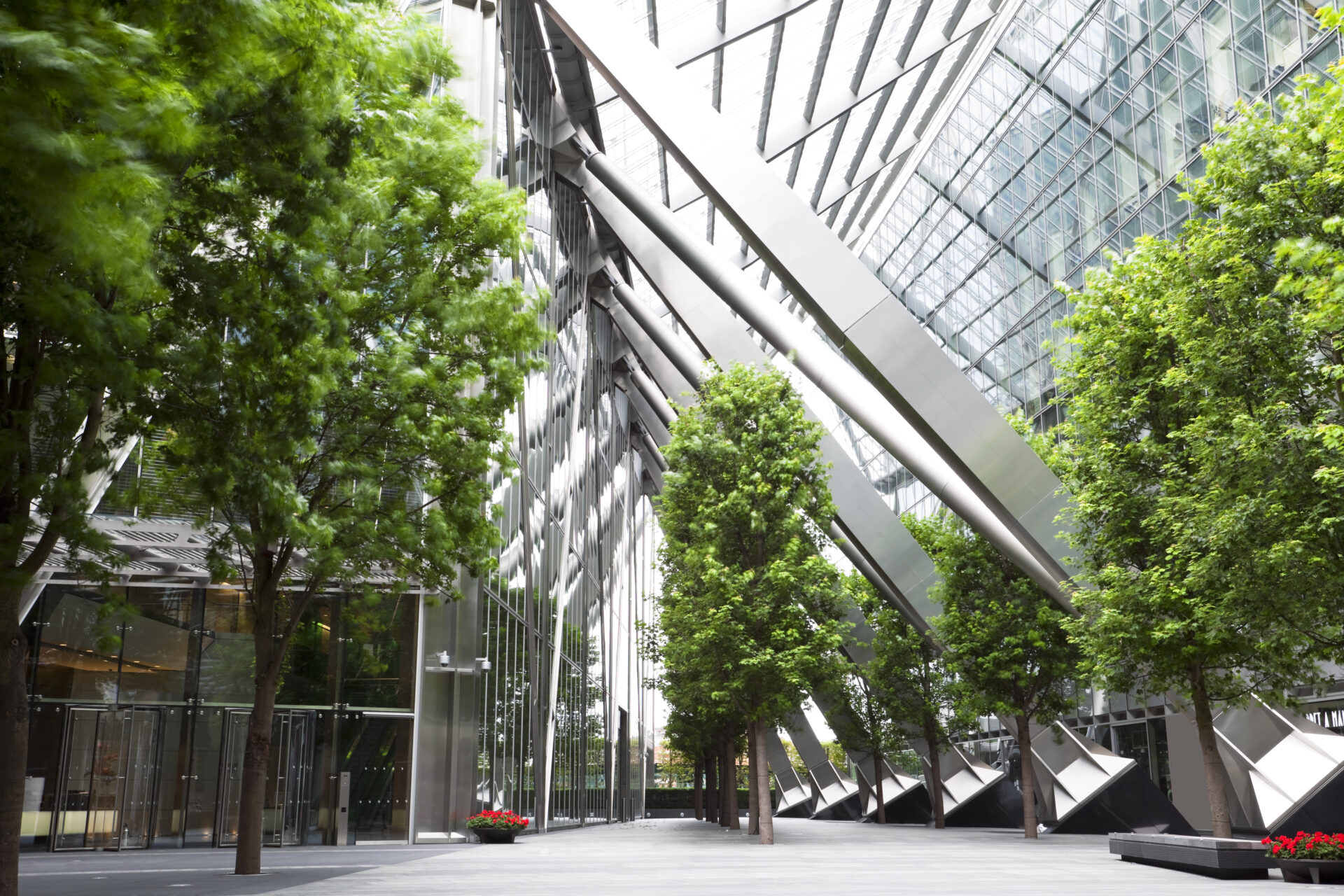Monday, June 30, 2025
New changes to the Province of British Columbia’s building code will ensure cleaner, more efficient buildings are built in line with B.C.’s commitment to zero-carbon new construction by 2030.
“New energy-efficiency regulations are a key measure to help British Columbia meet our CleanBC 2030 goals,” said George Heyman, B.C.’s Minister of Environment and Climate Change Strategy. “We are building a future with better, healthier communities for families, while taking action on climate change. Our government is dedicated to ensuring that everyone in B.C., now and in the future, has access to a healthy environment.”
Effective May 1, 2023, the BC Building Code requires 20 per cent better energy efficiency for most new buildings throughout the province. The Zero Carbon Step Code provides tools for local governments to encourage or require lower emissions in new buildings. Together, the changes meet commitments in the CleanBC Roadmap to 2030 to gradually lower emissions from buildings until all new buildings are zero carbon by 2030 and are net-zero energy ready by 2032.
“Working together with industry, B.C. can meet our housing needs and our climate goals,” said Ravi Kahlon, Minister of Housing. “These measures are essential changes to the BC Building Code that will help us meet our CleanBC commitments to make new buildings cleaner and more energy efficient.”
The higher energy-efficiency requirements are a progression of the BC Energy Step Code, introduced in 2017, which local governments can use to encourage or require energy efficiency that goes beyond the requirements of the BC Building Code.
The BC Energy Step Code enhances energy efficiency in new construction, while the Zero Carbon Step Code focuses on emissions reductions from new construction.
The Province engaged with stakeholders, including industry experts, local governments and utility providers to develop these changes. The Province is now co-ordinating templates and best practices to facilitate these building code changes for local governments and the construction industry.
The Building and Safety Standards Branch, responsible for building codes and standards, invited Treaty Nations and Indigenous communities to comment on these code changes in summer 2022 and continues to meet with other Nations and communities as these new changes go into effect.
If a Treaty Nation or Indigenous community enforces the BC Building Code, they retain the discretion to enforce all or part of it.
To learn more about these new codes, click here.
Featured image credit: Getty Images.











